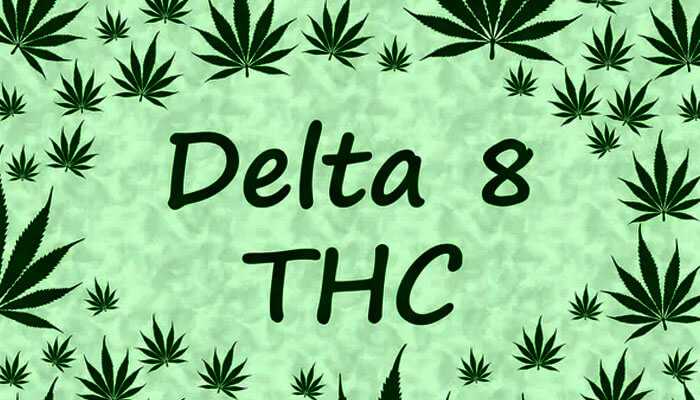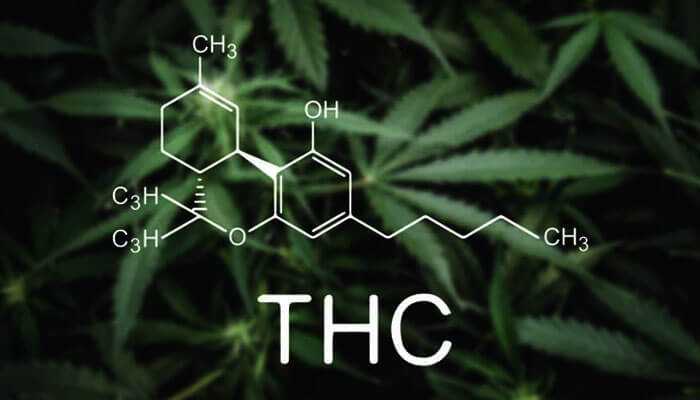In recent years, Delta 8 THC has emerged as a significant compound within the cannabis industry, intriguing consumers with its unique properties that distinguish it from its more renowned cousin, Delta 9 THC.
This guide aims to demystify Delta 8 THC, offering a comprehensive understanding of its effects, legal status, and safe consumption practices.
By delving deeper than the surface-level buzz, we aspire to equip consumers with the knowledge to make informed decisions about incorporating Delta 8 THC into their wellness routines.
Understanding Delta 8 THC
Delta 8 Tetrahydrocannabinol, commonly referred to as Delta 8 THC, is a minor cannabinoid found in cannabis plants. Unlike Delta 9 THC, which is abundant in marijuana and known for its potent psychoactive effects, Delta 8 THC is found in much smaller quantities. This rarity contributes to its mystique and the growing curiosity among consumers.
1. Chemical Structure:
Delta 8 THC is chemically distinct from Delta 9 THC due to the location of a double bond on its chain of carbon atoms. This slight difference profoundly impacts how it interacts with the body’s endocannabinoid system, resulting in milder psychoactive effects.
2. Effects and Benefits:
Users of Delta 8 THC report a smoother, more controlled experience compared to Delta 9 THC. Commonly cited benefits include reduced anxiety, pain relief, and improved sleep patterns. However, it’s important to note that individual experiences may vary, and further research is needed to fully understand its therapeutic potential.
Legal Landscape
The legal status of Delta 8 THC is a complex and evolving issue, influenced by both federal and state regulations. As of the Farm Bill’s enactment in 2018, hemp-derived cannabinoids were federally legalized, provided they contain less than 0.3% Delta 9 THC. This legislation inadvertently created a loophole for this compound, leading to its widespread availability in various forms.
1. State Regulations:
Despite federal legality, several states have moved to specifically ban or regulate Delta 8 THC, citing concerns over safety and regulation. Consumers must stay informed about the legal status of this compound in their state and any changes to legislation that may affect its availability.
2. Regulatory Considerations:
The unregulated nature of the Delta 8 THC market poses challenges for consumers seeking safe and reliable products. It underscores the importance of purchasing from reputable sources that provide third-party lab testing results to verify potency and purity.
Safe Consumption Practices
As with any cannabinoid, responsible use of Delta 8 THC is crucial for a positive and safe experience. Given its psychoactive properties, albeit milder than Delta 9 THC, consumers should approach this compound with caution, especially if they are new to cannabis or have sensitivities to THC.
1. Start Low and Go Slow:
For those new to Delta 8 THC, beginning with a low dose and gradually increasing based on individual tolerance is advisable. This method helps mitigate potential discomfort or adverse effects.
2. Be Mindful of the Method of Consumption:
Delta 8 THC is available in various forms, including edibles, tinctures, and vaporizers. Each method has its onset time and duration of effects, which can significantly impact the overall experience.
Ethical Considerations and Sustainability
As Delta 8 brands continue to grow, ethical considerations and sustainability practices come to the forefront. Consumers are increasingly seeking products that are safe and effective and produced in an environmentally responsible manner.
1. Source Transparency:
It is essential to opt for transparent brands about their sourcing, extraction methods, and lab testing results. This transparency ensures that products are free from harmful contaminants and that the Delta 8 THC is derived from legally compliant hemp.
2. Sustainability Practices:
Inquire about the brand’s sustainability practices, including their approach to cultivation, extraction, and packaging. Supporting brands committed to minimizing their environmental impact contributes to a more sustainable future for the cannabis industry.
Conclusion
Delta 8 THC offers a unique proposition within the cannabis market, appealing to those seeking milder psychoactive effects and potential therapeutic benefits.
However, navigating the complexities of its legal status, ensuring safe consumption, and making ethical choices require a well-informed approach.
By prioritizing education and transparency, consumers can safely explore Delta 8 THC’s potential while contributing to the development of a responsible and sustainable industry. As we continue to learn more about this fascinating compound, we must always emphasize safety, legality, and the pursuit of knowledge.




